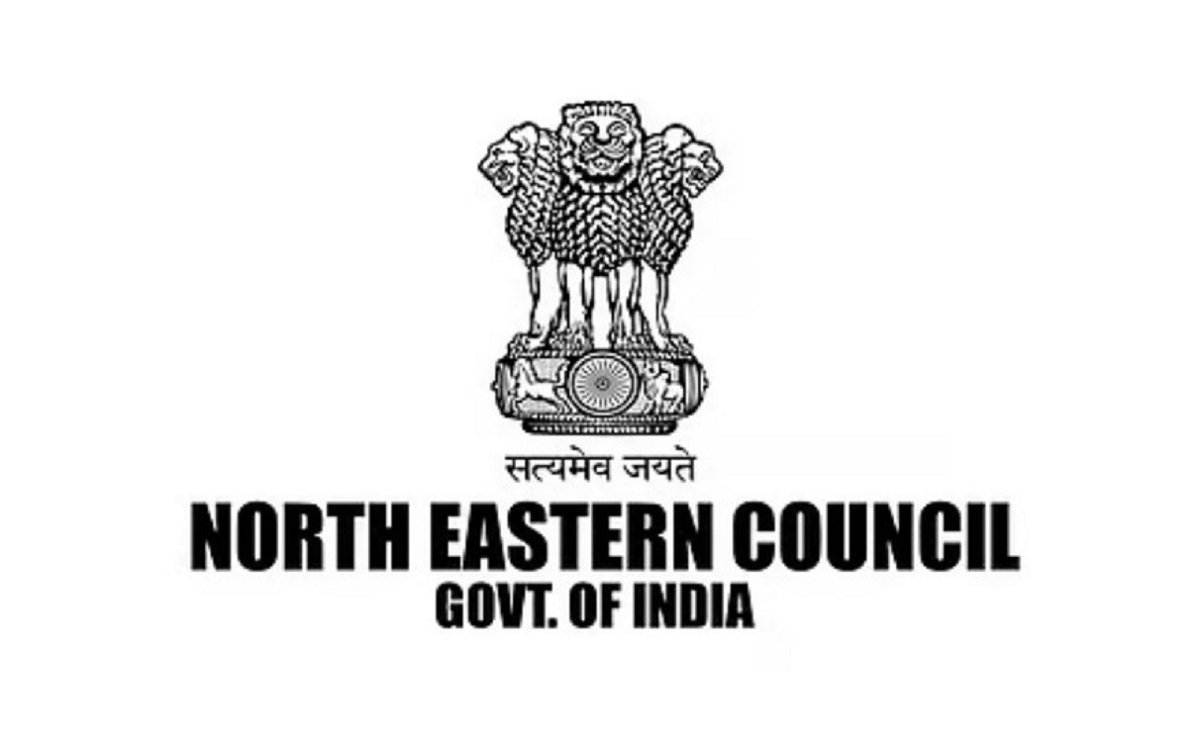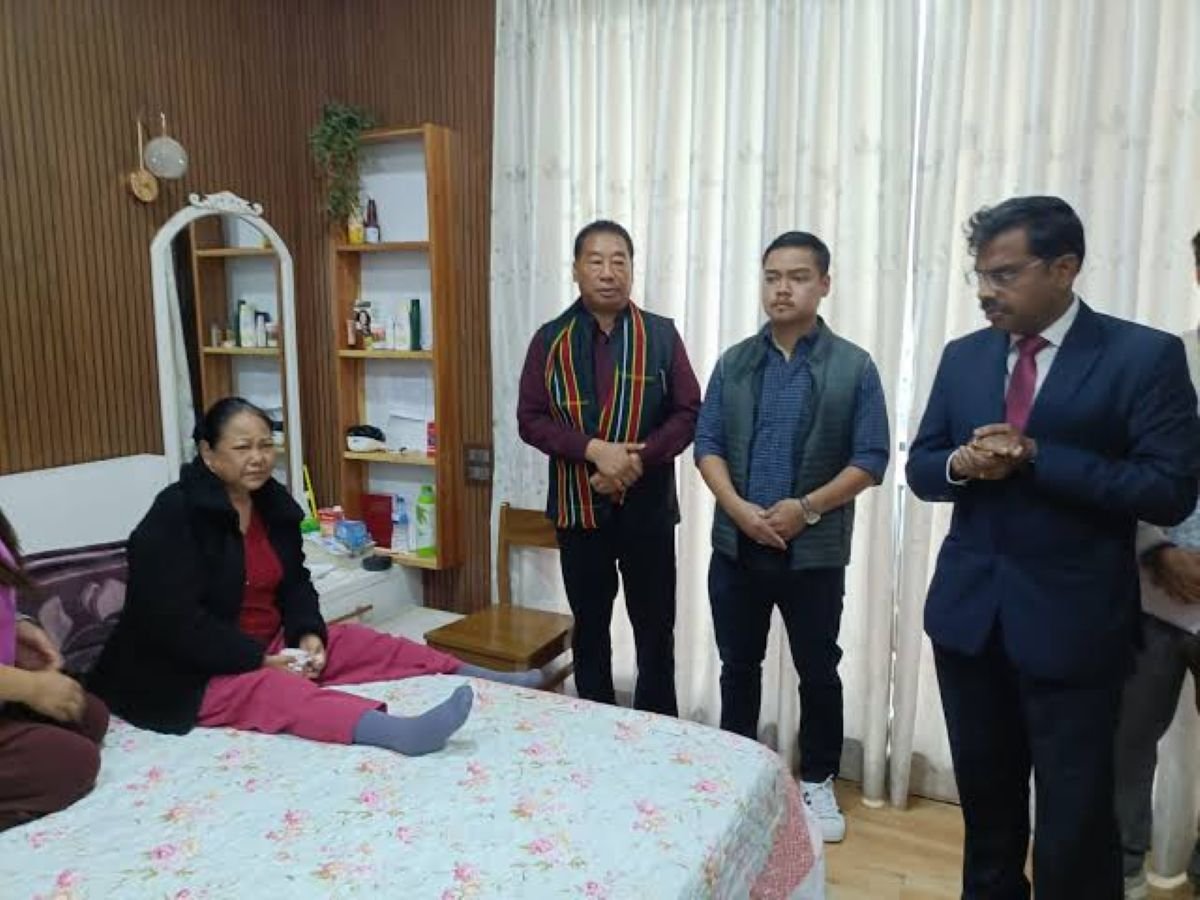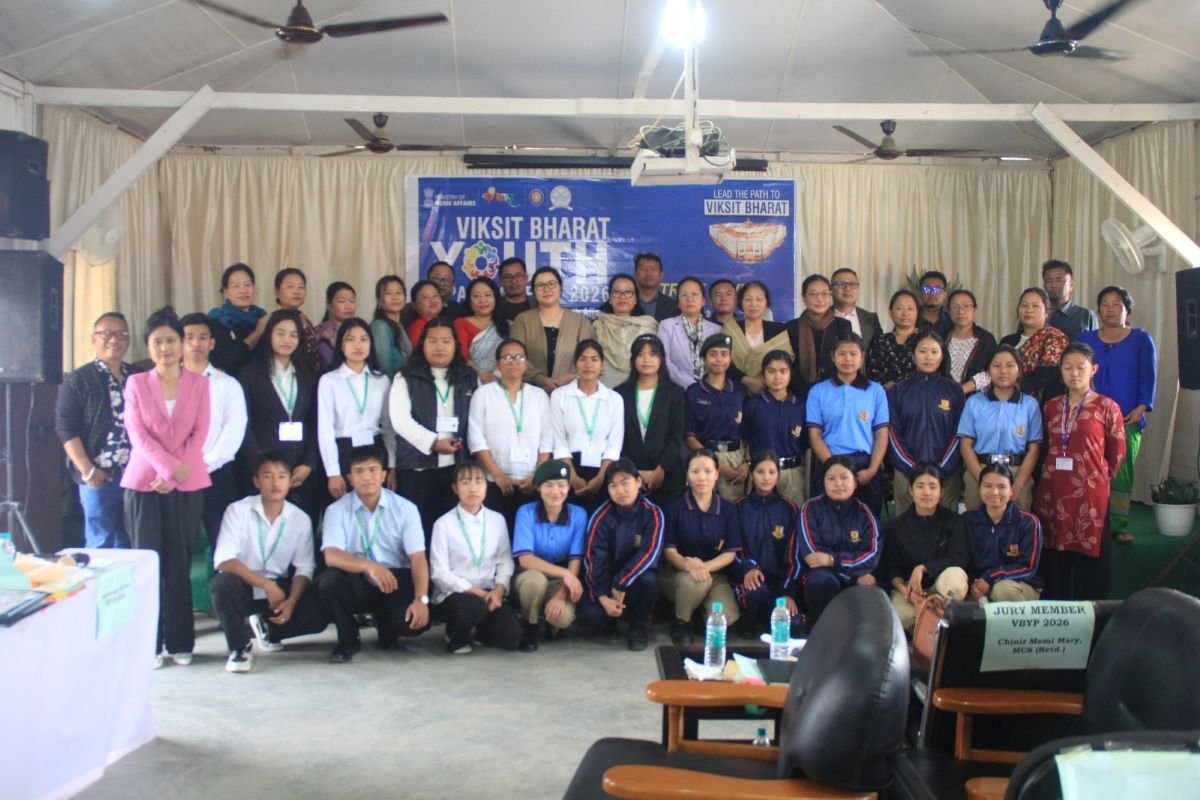The Ministry of Development of North Eastern Region (MDoNER), through the North Eastern Council (NEC), has released the NEC Yearbook 2025, highlighting major socio-economic achievements across the North Eastern Region (NER). Alongside the release, NEC has also announced the disbursement of ₹6.19 crore for various development projects in Manipur, marking a renewed focus on grassroots infrastructure and inclusive growth. Published by the NEC Secretariat in Shillong, this is the second edition of the NEC Yearbook. The publication is designed to serve as a crucial resource for policymakers, researchers, and development stakeholders by providing accurate and up-to-date data on the region’s socio-economic landscape. The Yearbook is available online at necouncil.gov.in.
The Yearbook not only reflects progress but is also intended to inform policy decisions, track key performance indicators, and promote awareness of the region’s transformation story. From agriculture and education to tribal welfare and skill development, it presents a broad view of developmental dynamics in the Northeast. As part of its continued financial support to regional development, the NEC has disbursed ₹6.19 crore during May 2025 specifically for Manipur-based projects, cutting across multiple sectors such as farming, tribal development, youth training, and rural infrastructure.
Break-up of fund allocation includes:
₹82.35 lakh for a Multi-Facility Centre at IGNTU-RCM, Kangpokpi
₹37.50 lakh for Integrated Farming System Demonstration
₹62.61 lakh for support to the Zeme community in Tousem, Tamenglong
₹2 crore for a Mini Stadium at Luangrang (Nungnang), Noney
₹8 lakh for Skill Training in Kouna Craft, Thoubal
₹59.74 lakh for furniture in SC/ST hostels at NIELIT, Imphal
₹1.35 crore for a Multi-Utility Building, Girls’ Hostel and Pond in Senapati
₹7.2 lakh for a Tissue Culture Facility for citrus plant propagation
These interventions aim to uplift marginalised communities, improve youth employability, empower women, and promote sustainable livelihoods in remote regions of Manipur.





